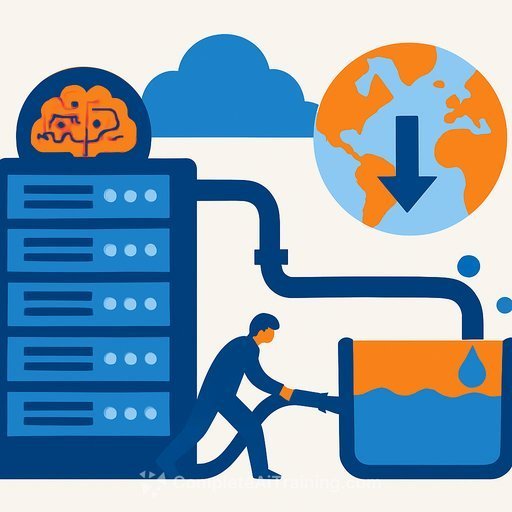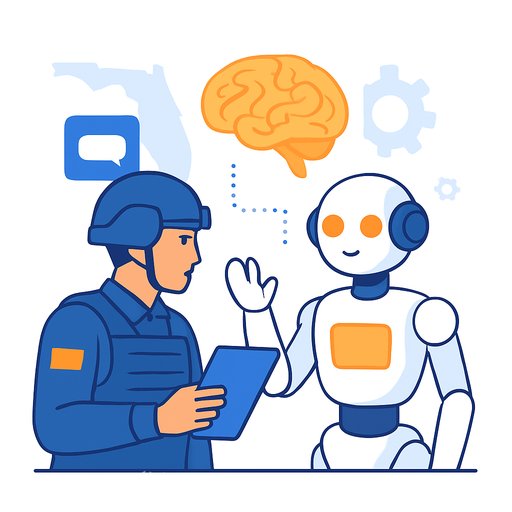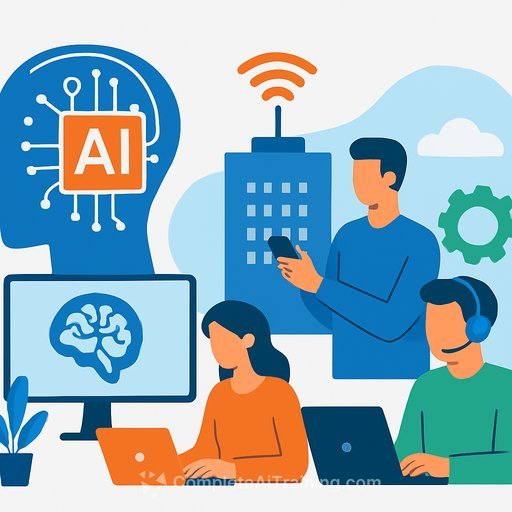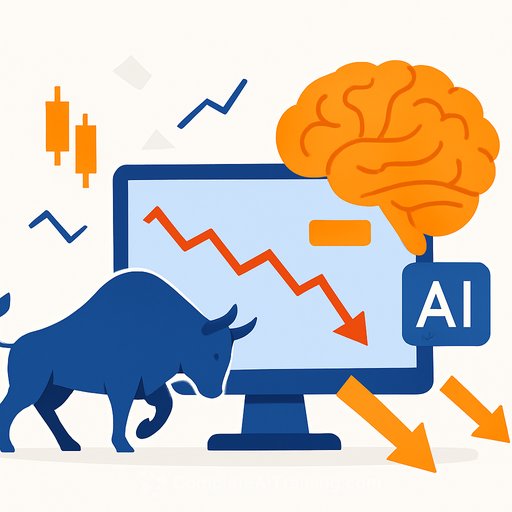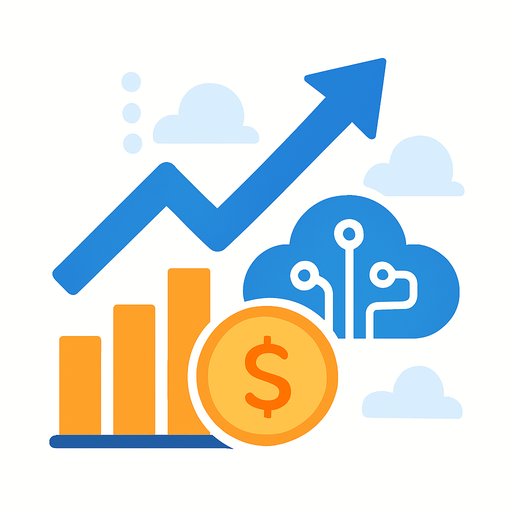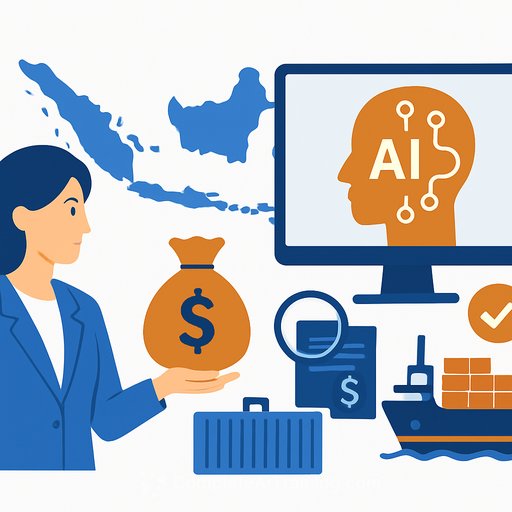AI Revolution in Accounting: Transforming Financial Operations for the Digital Age
August 24, 2025
The Current Landscape: A Perfect Storm for AI Adoption
Businesses today produce financial data at volumes traditional accounting methods struggle to handle. From fast-moving e-commerce sales to complex global supply chains, manual accounting processes slow operations and increase the risk of costly mistakes. At the same time, regulatory requirements grow more demanding, and companies need up-to-the-minute financial insights. These factors combine to make conventional accounting approaches inefficient for modern needs.
AI-Powered Solutions: Beyond Simple Automation
Artificial intelligence does more than just automate repetitive tasks like data entry. Its real strength lies in analyzing large datasets to uncover patterns, predict outcomes, and highlight insights that might be missed or take longer to identify manually. Machine learning algorithms can spot anomalies that indicate fraud, billing errors, or compliance issues. By monitoring transactions in real-time, AI enables proactive responses rather than reactive fixes. Predictive analytics also help forecast cash flows accurately, aiding strategic decisions around investment and resource management.
Transforming Core Accounting Functions
Transaction Processing and Reconciliation
AI systems can automatically categorize transactions, match invoices to purchase orders, and reconcile accounts across various platforms. Using natural language processing (NLP), they interpret unstructured data such as emails and invoices, extracting key financial details for proper classification.
Audit and Compliance Management
Continuous auditing becomes achievable with AI monitoring every transaction against compliance rules. These systems keep detailed audit trails and document exceptions automatically, ensuring adherence to regulations while cutting down on manual auditing efforts.
Financial Reporting and Analysis
AI tools generate complete financial statements and regulatory filings with minimal human input. More importantly, they offer contextual analysis that highlights trends and recommends actions based on data patterns.
Risk Management and Fraud Detection
Advanced algorithms identify subtle signs of fraud—from irregular vendor payments to questionable expense claims. These systems learn continuously, becoming more effective at spotting risks over time.
Industry-Specific Applications
Different sectors apply AI accounting solutions to meet their unique financial challenges:
- Healthcare: Managing complex insurance reimbursements and ensuring accurate medical coding.
- Manufacturing: Tracking cost accounting through production, optimizing inventory, and finding cost-saving opportunities.
- Retail: Handling high transaction volumes while gaining real-time insights into sales and customer profitability.
- Financial Services: Sophisticated risk modeling and regulatory reporting.
Implementation Challenges and Strategic Considerations
Data quality is the biggest hurdle. AI demands clean, structured data to deliver accurate results. Organizations often need to invest in data governance and clean-up efforts before AI tools can be effective. Integrating AI with legacy systems is another challenge; older software may require upgrades or full replacement. Staff training is crucial too. AI shifts the role of accounting professionals from routine tasks to higher-value analytical work, making retraining essential for success.
The Future of AI in Accounting
AI’s role will grow more advanced, with natural language interfaces allowing accountants to query systems conversationally. Hybrid workflows combining AI and human expertise will become standard, improving speed and accuracy. Blockchain technology may be integrated to enhance transparency and security through immutable transaction records, supporting audits and fraud prevention. Eventually, AI could offer strategic financial advice, helping companies optimize their financial structures and uncover new revenue streams.
For those interested in expanding their AI knowledge in finance and operations, exploring specialized training can be a smart next step. Resources like Complete AI Training's courses by job role provide targeted learning paths to stay ahead in this evolving environment.
Your membership also unlocks:



